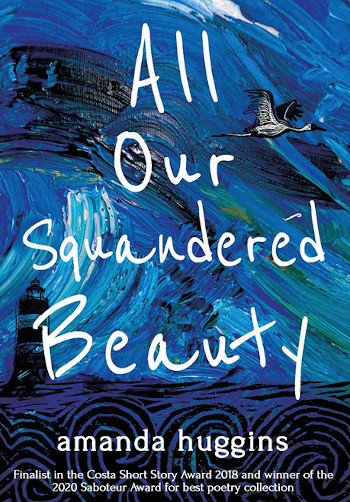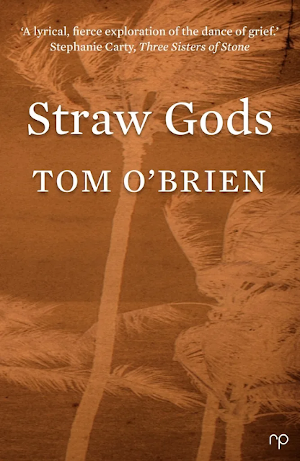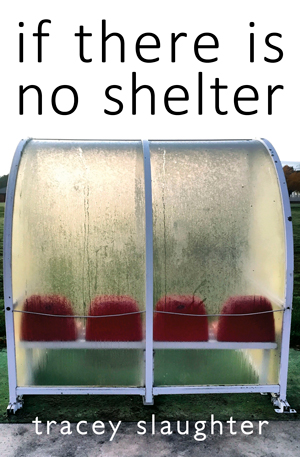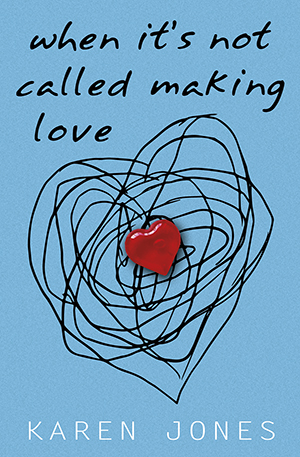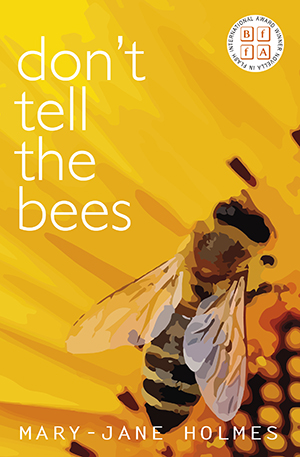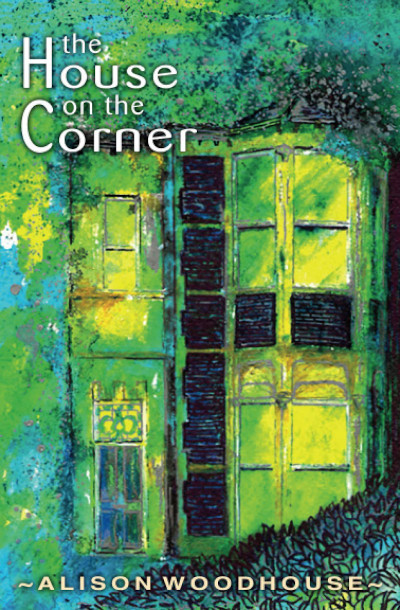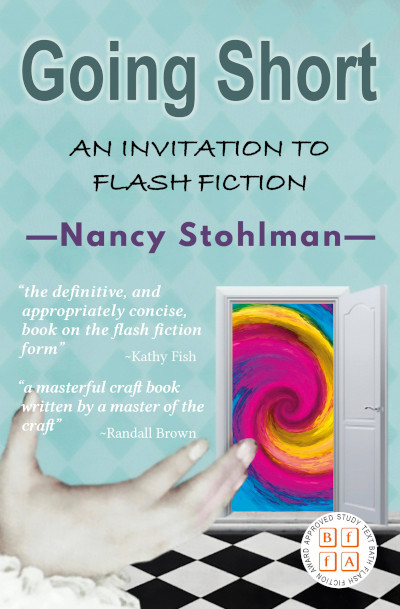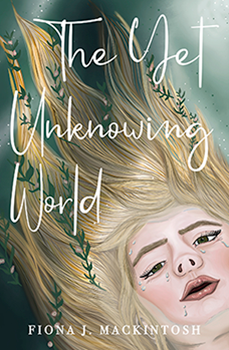 Layered like skeins of vivid ribbons, the stories in Fiona J. Mackintosh’s flash fiction collection The Yet Unknowing World strew colours through their readers’ minds.
Layered like skeins of vivid ribbons, the stories in Fiona J. Mackintosh’s flash fiction collection The Yet Unknowing World strew colours through their readers’ minds.
Each tethers a moment in time, offering a sense of eavesdropping on stranger’s secrets. Many are portraits of love, others a sidewise glance at grief or betrayal. Woven by Mackintosh’s deft fingers, even the deepest losses are shared as exquisite parcels to be marvelled over. In ‘Hindsight’, the author opens with an image of cartwheels and trailing silk, before revealing that it’s these slippery fabrics that led to our narrator waking with his “heart fractured.”
There’s poetry whirled into these tales, and imagery rich enough to leave your senses tingling. Though most of the stories are only a paragraph or so long, they’re packed with details that evoke more than the sum of their words, and yet lie lightly on the page.

 For a story bookended by deaths,
For a story bookended by deaths, 